
THREAD: nuclear
LifeLine™ Media threads use our sophisticated algorithms to construct a thread around any topic you want, providing you with a detailed timeline, analysis, and related articles.
News Timeline


IRAN’S Nuclear Threat: A Dangerous Escalation
— Iran has filed a complaint with the United Nations Security Council over President Donald Trump’s recent warnings. Trump threatened bombing and more tariffs if Iran rejects a nuclear deal. His remarks have heightened tensions between Tehran and Washington during ongoing talks about Iran’s nuclear capabilities.
In reaction to Trump’s comments, Iranian leaders vowed to boost their defense measures. Supreme Leader Ali Khamenei’s adviser said Iran would have “no choice” but to seek nuclear weapons if attacked. This statement highlights the fragile relations between the two nations.
This issue is part of larger geopolitical tensions involving Iran’s nuclear ambitions and U.S. foreign policy under Trump. The heated words from both sides could lead to more military escalations in an already unstable region, raising fears of conflict and its impact on global security dynamics.
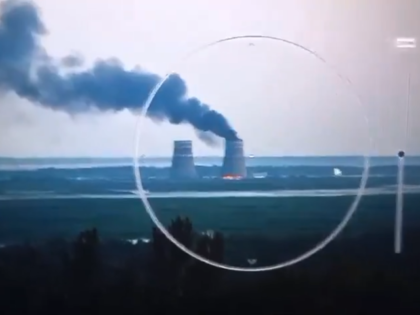
UKRAINE’S Nuclear Sites In Danger: Russian Threats Ignite Fear
— Ukraine relies heavily on nuclear power due to ongoing Russian strikes on its power grid. Over half of the country’s electricity now comes from nuclear energy. However, the unprotected nuclear switchyards, essential for transmitting this power, are at risk of attacks.
Despite warnings over a year ago, Ukraine’s Energy Ministry delayed action to secure these sites. Only recently did they start building defenses after Ukrainian intelligence pointed out potential Russian threats. Analysts say this response might be too late if an attack happens.
Oleksandr Kharchenko, a Ukrainian energy expert, warns that hitting two switchyards could cut supply for 30-36 hours and limit energy for weeks during winter. This delay in protection poses serious risks to civilian life and infrastructure resilience.
The U.N. nuclear agency has repeatedly warned about disaster potential if these switchyards are disrupted since they also help cool reactors and spent fuel at plants. Backup systems exist but are only temporary solutions during long outages, according to experts like Marcy R. Fowler from Open Nuclear Network.

— Three Mile Island Restart: A Potential Nuclear Energy Revolution The planned restart of the Three Mile Island facility signals a pivotal moment for nuclear energy amid increasing interest from Big Tech companies
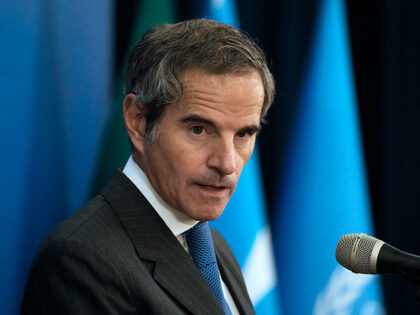
IRAN’S Nuclear Threat: Global Fears and Rising Pressure
— The world is worried about Iran’s nuclear activities. Rafael Grossi, head of the International Atomic Energy Agency (IAEA), stressed the need for “concrete, tangible and visible results” during his visit to Tehran. He urged Iran to show progress and ease tensions to possibly avoid conflict.
Grossi’s comments seem directed at Israeli Defense Minister Israel Katz’s recent statements. Katz pointed out Israel’s airstrikes in October, saying they revealed Iran’s nuclear sites to potential attacks. He claimed these actions might help remove threats against Israel.
Grossi criticized Iran for not cooperating with IAEA inspectors and increasing uranium enrichment activities. He noted that compliance with inspection rules stopped early in the Biden administration, complicating transparency efforts and resolution attempts.

— Zelenskyy to Unveil Ukraine’s 'Victory Plan’ in US This September The Ukrainian president announced that the ongoing military counteroffensive in Russia’s Kursk region, home to a nuclear power plant, is a key component of the strategy
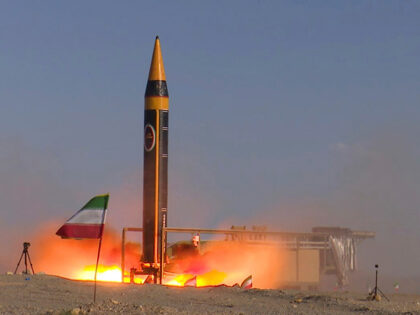
IRAN’S Nuclear Threat: Iaea Demands Compliance
— The International Atomic Energy Agency (IAEA) passed a resolution with a vote of 20-2, urging Iran to comply with its nuclear obligations. Russia and China opposed the measure, while the Biden administration reluctantly supported it despite concerns about jeopardizing nuclear deal negotiations.
A joint statement from the UK, France, and Germany emphasized the need for Iran to cooperate fully with the IAEA. The resolution followed Iran’s blocking of senior inspectors and its significant enrichment of uranium beyond limits set by Obama’s 2015 nuclear deal.
IAEA Director-General Rafael Grossi criticized Iran’s actions as “completely uncalled for” and “illogical.” Grossi visited Tehran in May to address issues including inspector bans and halted monitoring devices at nuclear sites.
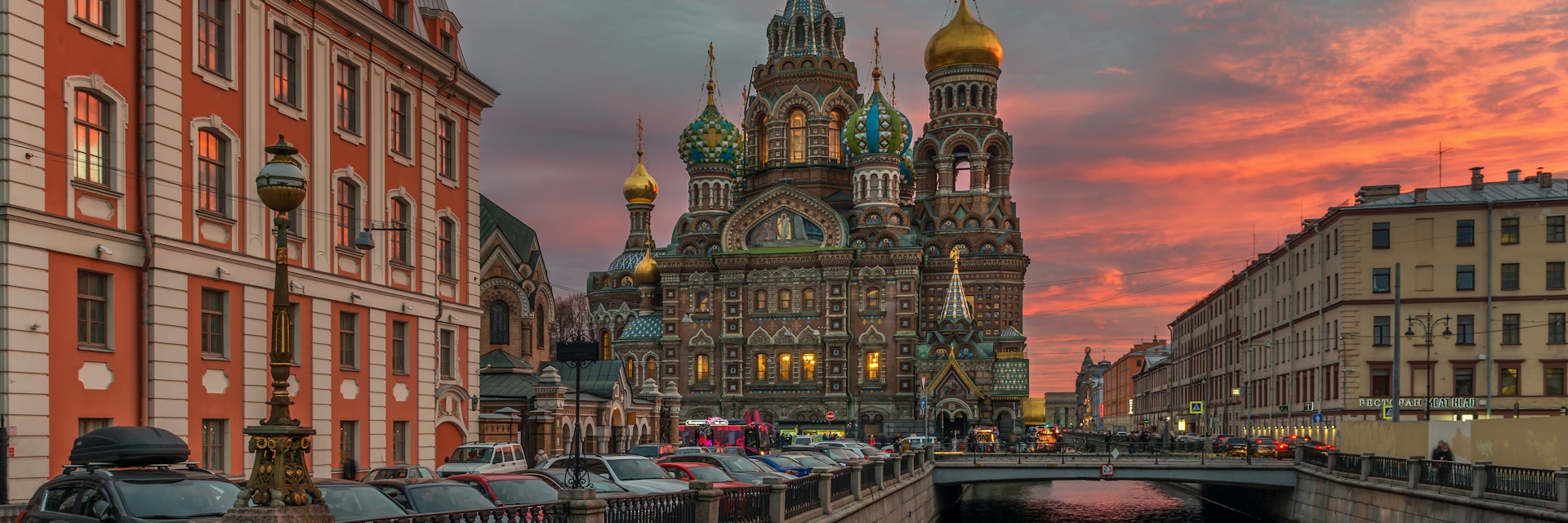
RUSSIA’S Nuclear Warning: UK Military Sites in Crosshairs Amid Escalating Tensions
— Russia has heightened tensions by threatening to target UK military bases. This aggressive stance follows Britain’s decision to supply weapons to Ukraine, which Russia alleges have been used against its territory. This threat emerges as Russia prepares for President Vladimir Putin’s fifth term inauguration and the national Victory Day celebrations.
In a bold response to what it describes as Western provocations, Russia is set to conduct military drills that simulate the use of tactical nuclear weapons. These exercises are unique because they focus on battlefield nuclear capabilities, unlike typical maneuvers involving strategic nuclear forces. Tactical nuclear weapons are intended for localized impact, minimizing broader destruction.
The global community has expressed deep concern over these developments. U.N. spokesman Stephane Dujarric voiced worries about the increasing talk of nuclear arms usage, describing the current risks as “alarmingly high.” He emphasized the need for nations to refrain from actions that might lead to misjudgments or catastrophic consequences.
These events underscore a critical moment in international relations, highlighting the delicate balance between national defense and global security threats. The situation calls for careful diplomatic engagement and a reassessment of military strategies by all involved nations to prevent further escalation of tensions.

PUTIN’S NUCLEAR Warning: Russia Ready to Defend Sovereignty at ANY Cost
— In a stark warning, President Vladimir Putin has declared that Russia stands ready to employ nuclear weapons if its statehood, sovereignty or independence comes under threat. This alarming statement comes on the eve of a presidential election this week where Putin is anticipated to secure another six-year term.
During an interview with Russian state television, Putin underscored the full readiness of Russia’s nuclear forces. He confidently affirmed that from a military-technical standpoint, the nation is primed for action.
Putin further explained that according to the country’s security doctrine, Moscow would not hesitate to resort to nuclear measures in response to threats against “the existence of the Russian state, our sovereignty and independence”.
This isn’t Putin’s first mention of his willingness to use nuclear weapons since initiating the invasion of Ukraine in February 2022. However, when queried about deploying battlefield nuclear weapons in Ukraine during the interview, he asserted there was no necessity for such drastic measures.

PUTIN’S NUCLEAR Warning: Russia Ready to Defend Sovereignty at All Costs
— President Vladimir Putin has issued a stern warning, asserting that Russia stands ready to employ nuclear weapons if its statehood, sovereignty, or independence come under threat. This statement emerges just before a presidential vote this week where Putin is anticipated to clinch another six-year term.
During an interview with Russian state television, Putin underscored the full readiness of Russia’s nuclear forces. He confirmed that the nation is militarily and technically prepared and would resort to nuclear action if its existence or independence was threatened.
Despite his continuous threats since launching the invasion of Ukraine in February 2022, Putin refuted any plans of using battlefield nuclear weapons in Ukraine as there hasn’t been any necessity for such drastic measures so far.
U.S President Joe Biden was characterized by Putin as an experienced politician who comprehends the potential dangers of escalation. He voiced optimism that the U.S would avoid actions that could potentially ignite a nuclear conflict.
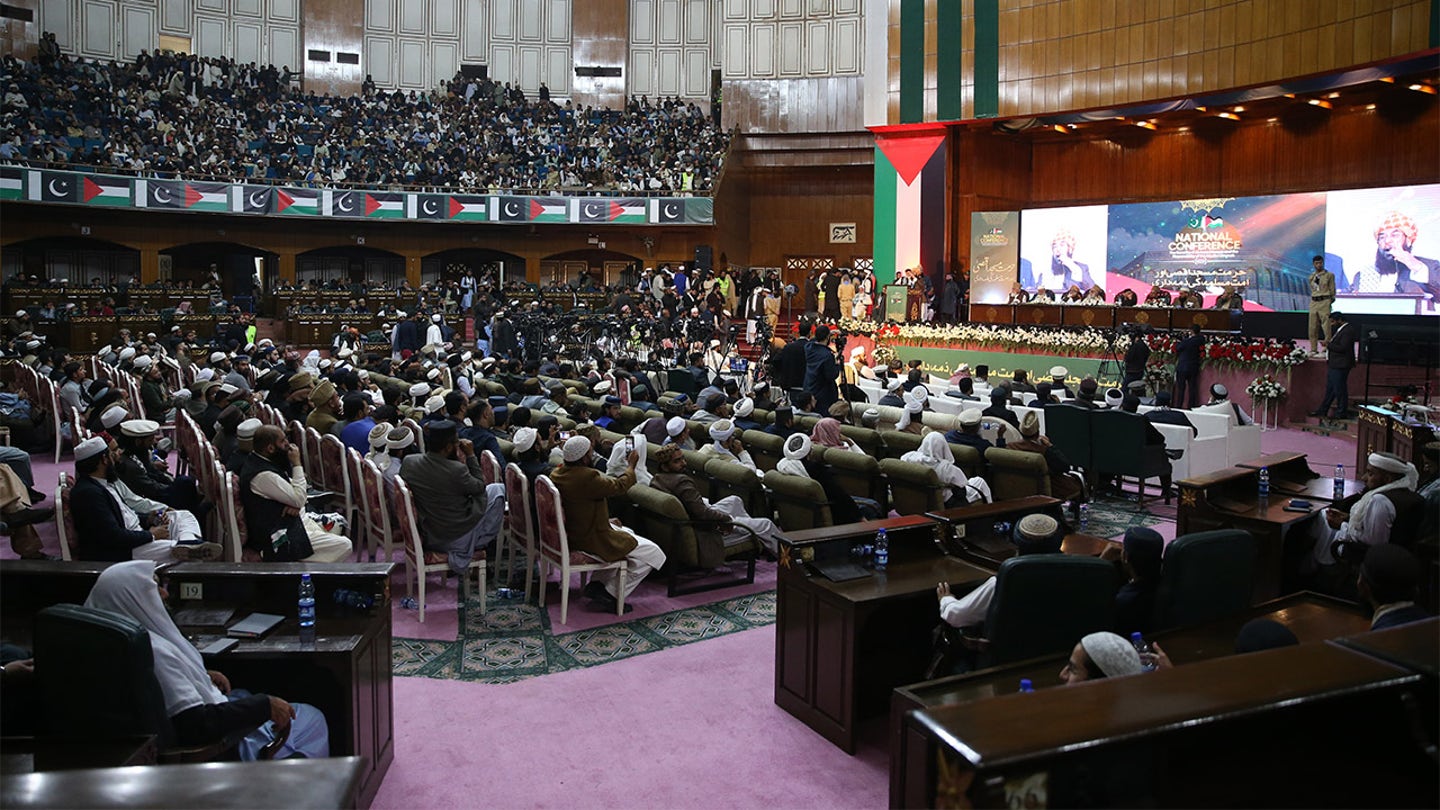
PAKISTAN’S Nuclear Leverage: Hamas Leaders Urge for a Showdown with Israel
— Leaders of Hamas and Islamic scholars gathered in Pakistan’s capital recently. They suggested that the ongoing conflict in Gaza might be stopped if nuclear-armed Pakistan were to threaten Israel. These remarks have been widely reported in Pakistani media and noted by the Middle East Media Research Institute (MEMRI).
The conference, titled “The Sanctity of Al-Aqsa Mosque and the Responsibility of the Islamic Ummah,” was put together by the “Pakistan Ummah Unity Assembly.” According to MEMRI, this assembly is a network of Islamic religious organizations.
Ismail Haniyeh, one of the main speakers at this event, called on Pakistan to take a more proactive role in resolving the Israel-Hamas conflict. He said, “If Pakistan threatens Israel, then we can halt this war. We have high hopes from Pakistan. They can compel Israel to back down.”
Haniyeh also referred to Jews as “the biggest enemy of Muslims worldwide.” This inflammatory language has raised eyebrows among international observers due to concerns about escalating tensions in an already unstable region.

Allies OUTRAGED at Biden’s Controversial Decision to Supply CLUSTER Bombs to Ukraine
— The US’s decision to supply Ukraine with cluster bombs has caused international unrest. On Friday, President Joe Biden acknowledged it as a “very difficult decision.” Allies such as the UK, Canada, and Spain have voiced opposition to the weapons’ use. Over 100 countries condemn cluster bombs due to the indiscriminate harm they can cause to civilians, even years after a conflict ends.
Volodymyr Zelensky Wanted Ukraine to OCCUPY Russian Territory
— According to leaked US intelligence, Ukrainian president Volodymyr Zelensky wanted to send troops to occupy Russian villages. The leak also revealed Zelensky considered launching an attack on a vital Hungarian oil pipeline.
Ukraine DENIES Attacking Moscow or Putin With DRONE
— Ukraine’s President Zelensky denies involvement in an alleged drone attack on the Kremlin, which Russia claims was an assassination attempt on President Putin. Russia reports that two drones were downed and threatens to retaliate when necessary.
China Says it WON’T Add ‘Fuel to the Fire’ in Ukraine
— The Chinese president, Xi Jinping, has reassured Ukrainian president Volodymyr Zelenskyy that China will not escalate the situation in Ukraine and said it’s time to “resolve the crisis politically.”
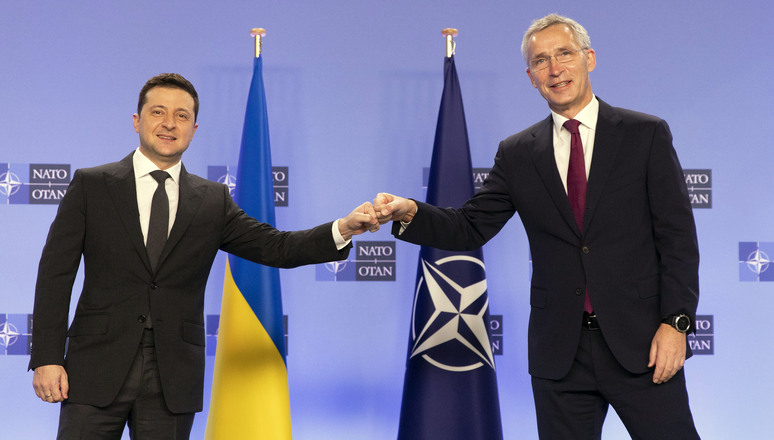
United States OPPOSES Plan for Ukraine to Join NATO
— The United States is opposing efforts by some European allies, including Poland and the Baltic states, to offer Ukraine a “road map” to NATO membership. Germany and Hungary are also resisting efforts to provide Ukraine with a path to join NATO at the alliance’s July summit.
Ukraine’s president, Volodymyr Zelenskyy, has warned that he will only attend the summit if tangible steps are presented toward NATO membership.
In 2008, NATO said that Ukraine would become a member in the future. Still, France and Germany pushed back, concerned that the move would provoke Russia. Ukraine formally applied for NATO membership last year after Russia’s invasion, but the alliance remains divided on the path forward.
Massive Chinese SURVEILLANCE Balloon Detected Flying Over Montana Near NUCLEAR Silos
— The US is currently tracking a Chinese surveillance balloon hovering over Montana, close to nuclear silos. China claims it’s a civilian weather balloon that was blown off course. So far, President Biden has decided against shooting it down.
TOO CLOSE for Comfort: Russian Warship Carrying HYPERSONIC Missiles Approaches English Channel
— Vladimir Putin has sent a Russian warship armed with cutting-edge hypersonic missiles on a course that will take it through the English Channel and into the Atlantic Ocean for “combat duty.” This will be the first Russian ship to be armed with hypersonic weapons that are capable of delivering nuclear warheads at speeds ten times the speed of sound, or almost 8,000mph.

Video
EUROPE’S Nuclear Dream: UK and France’s Bold Move for Security
— The UK and France are considering an “Anglo-French Eurodeterrent” as Europe’s alliances shift. They want to reassess their defense roles without depending on the U.S. While this deterrent might not match U.S. capabilities, it offers a strategic choice amid doubts about U.S. reliability under changing administrations.
World leaders’ actions, including those by former President Trump, have led European countries to think about independent defense options. France and the UK are talking about boosting military cooperation to keep regional stability as nuclear powers. They’re focusing on a European-led “Coalition of the Willing” for Ukraine’s security guarantees, showing a move towards self-reliance in defense strategies.
Despite efforts for an Anglo-French deterrent, challenges remain due to reliance on U.S. technology like the UK’s Trident missile system linked with American infrastructure. This dependency raises questions about creating a purely European deterrent amid debates over France’s willingness to use its nuclear arsenal broadly for defense purposes.
While interesting amid global uncertainties, building a self-sufficient European nuclear deterrent faces big hurdles and geopolitical complexities. The joint efforts by the UK and France show Europe’s desire for strategic independence but require navigating tricky military and diplomatic landscapes.
Invalid Query
The keyword entered was invalid, or we couldn't gather enough relevant information to construct a thread. Try checking the spelling or entering a broader search term. Often simple one-word terms are enough for our algorithms to build a detailed thread on the topic. Longer multi-word terms will refine the search but create a narrower information thread.
